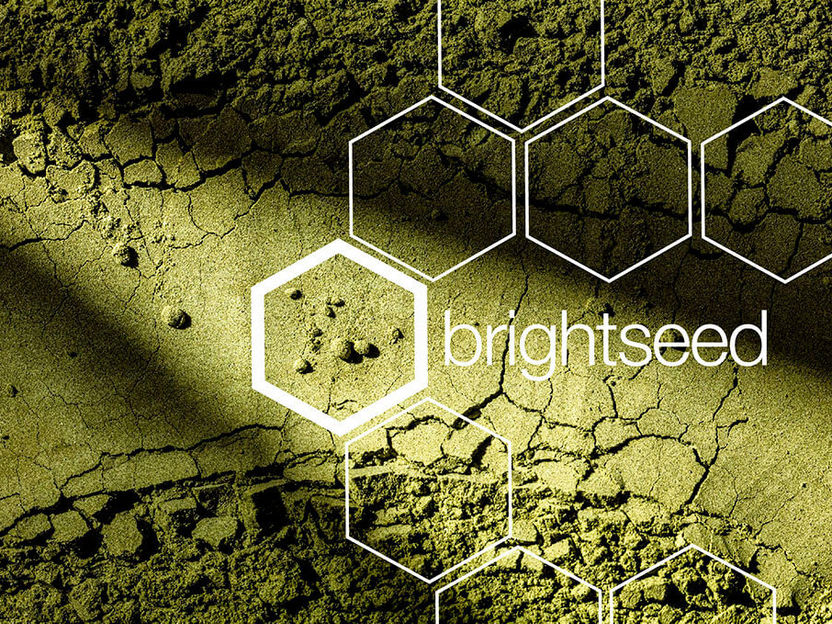Artificial sweeteners disrupt bacterial communication and may influence gut microbiota
Artificial sweeteners have increasingly replaced sugar in many foods and beverages. However, their long-term health benefits remain unclear. Now, a team of Ben-Gurion University of the Negev scientists lead by Prof. Ariel Kushmaro and Dr. Karina Golberg have tested six FDA-approved artificial sweeteners and found that they interfere with bacterial communication. While none of them actively kill off the bacteria, three of the six significantly impair communication, which, the scientists theorize, could lead to digestive diseases and discomfort.

feelphotoz / Pixabay
Their findings were just published in the International Journal of Molecular Sciences.
“The fact that bacteria use quorum sensing to communicate with each other revolutionizes our understanding and enables us to provide clearer answers. Artificial sweeteners disrupt that communication, which indicates that artificial sweeteners may be problematic in the long run,” says lead researcher Dr. Golberg.
The scientists theorized that sports supplements contain artificial sweeteners in sufficient quantities to provide a good basis for testing as athletes constantly monitor their intakes. They tested aspartame, saccharin, sucralose, acesulfame potassium (Ace-K), advantame, and neotame. Three – aspartame, sucralose, and saccharin – were found to significantly inhibit bacterial communication. At least one of the three were found in all the sports supplements they tested.
To test the sweeteners, they used bioluminescent indicator bacteria whose luminescence was reduced if bacterial communication was disrupted.
“There is little accurate labeling of artificial sweeteners on products, which makes it difficult to know how much each product contains. Our research should push the food industry to reevaluate their use of artificial sweeteners,” says Prof. Ariel Kushmaro, head of the Laboratory of Environmental Biotechnology in the Avram and Stella Goldstein-Goren Department of Biotechnology Engineering at Ben-Gurion University. Dr. Golberg is a researcher in his lab. Prof. Kushmaro is also a member of BGU’s Ilse Katz Center for Nanoscale Science and Technology.
Additional researchers include: Victor Markus, Orr Share, Marilou Shagan, Barak Halpern, Tal Bar, Esti Kramarsky-Winter, and Prof. Robert Marks of Ben-Gurion University. Prof. Kerem Terali of Near East University in Cyprus and Prof. Nazmi Ozer of Grine American University in Cyprus.
Most read news
Organizations
Other news from the department science

Get the food & beverage industry in your inbox
By submitting this form you agree that LUMITOS AG will send you the newsletter(s) selected above by email. Your data will not be passed on to third parties. Your data will be stored and processed in accordance with our data protection regulations. LUMITOS may contact you by email for the purpose of advertising or market and opinion surveys. You can revoke your consent at any time without giving reasons to LUMITOS AG, Ernst-Augustin-Str. 2, 12489 Berlin, Germany or by e-mail at revoke@lumitos.com with effect for the future. In addition, each email contains a link to unsubscribe from the corresponding newsletter.
Most read news
More news from our other portals
Last viewed contents

Chung-Ang University study reveals sustainable business solutions for food cold chains - Researchers provide a set of critical success factors for mitigating the recent challenges faced by the food cold chains in China
Coca-Cola is the First Fortune 500 Company to Replenish All the Water it Uses Globally

Siwar Foods signs exclusive partnership with Italian dessert manufacturer Dolceria Alba

























































